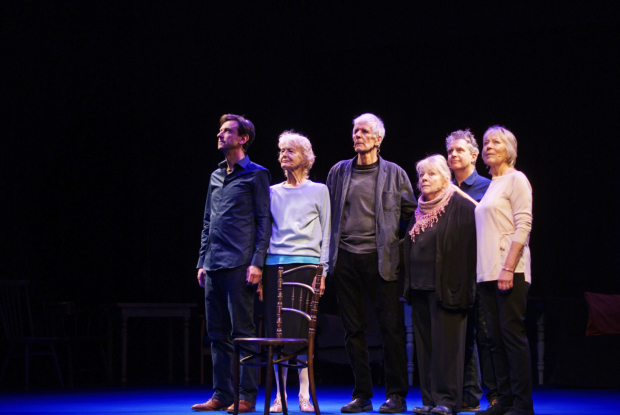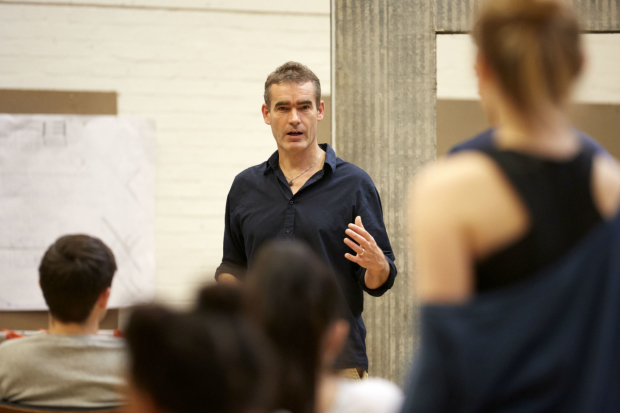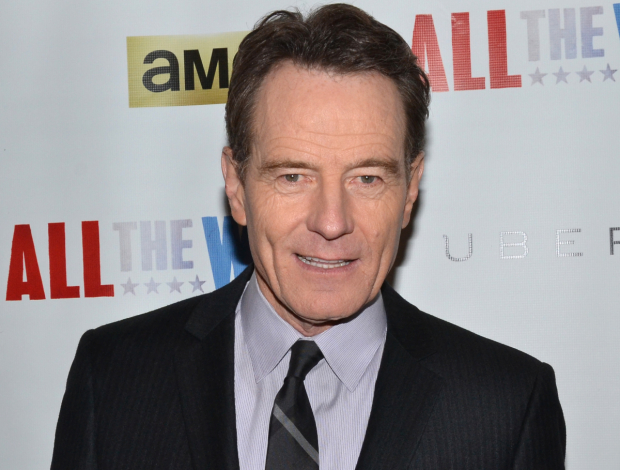We ignore older actors at our absolute peril

© Atri Banerjee
Somehow, when the National Theatre announced it was staging a show with no script, performed by a bunch of actors in their 70s and 80s, deep down I still thought there would be something within the piece that you could justifiably call a play.
Why I didn’t take the NT’s fairly clear pre-show spiel entirely at its word is another blog entirely – something about a journalist’s mistrust of marketing material, perhaps – but what it meant was that when I actually pitched up at the Dorfman to watch Lost Without Words, part of me was surprised.
Directors Phelim McDermott and Lee Simpson – founders of company Improbable – have done a remarkable thing. They have taken live improv to the National Theatre, performed, not by veteran improv-ers, but by straight actors – excellent, yes, but not those versed in the fairly specific improvisation skill-set.
Lost Without Words is so unlike any other improv show I have seen
Improbable’s idea for Lost Without Words stems from the fact that, as actors get older, there tends to be less and less space for them on our stages. It's that plus the fact that one of the main issues affecting an older actor’s ability to work is memory – learning lines gets harder and harder. Lost Without Words gets rid of the worry of memory and pitches the actors onto a stage filled with sets and props, but no crutch of a script. It is their own imagination and quick thinking which replaces it.
The idea is intriguing on several levels. Watching older actors – Georgine Anderson, Anna Calder-Martin, Caroline Blakiston, Tim Preece and Lynn Farleigh – unused to working in this way, is enlightening. It reminded me beautifully of what an actor brings to a stage. With no script to hide behind, they are themselves with their own skills – skills formed over years and years of playing.
On the edges of the stage were various tables and chairs and the actors all sit or stand there as the two directors place one chair, or two – whatever takes their fancy – into the middle of the space. It's then the turn of the actors to stand up – hopefully only one at a time – and start performing. This happens four or five times over the evening – four or five sketches.
It reminded me beautifully of what an actor brings to a stage
The night I saw Lost Without Words, it was so unlike any other improv show I have seen. The improv I – and I think probably most of us – are used to is quick-fire, loud, hilarious and silly. But, for me at least – and this is the difficulty in writing about something like Lost Without Words: every night is different – Lost Without Words was the opposite. The show was very funny in places, but these actors weren’t afraid of silence. Perhaps it is their experience of commanding big stages which meant that they understood the power of quiet and used that power on stage at the Dorfman.
The show also demonstrated the role of a good director. Simpson and McDermott both sat at the edges of the stage, and interrupted occasionally with instruction. "Say: 'thank you very much vicar'," in that one instruction – adding the word 'vicar' to a line already said – McDermott transformed and defined the scene. Suddenly the actors knew where they might head, suddenly they had direction.
One of the actors dropped out ahead of opening night
But for all Lost Without Words‘ intrigue, I felt it was an admirable failure. Too often the sketches relied heavily on comedy to entertain us and that comedy didn't have the intensity which you might expect in an improv show. The actors seemed to be having fun, as did the directors, but the lack of formal framing, of anything for the actors to buffer off – it could have been as simple as an over-arching theme – meant that everything I witnessed felt oddly underwhelming.
Still, there should be much applause for putting these actors in the limelight and challenging them to do something they may have been terrified to do (which by all accounts is true – one of the actors dropped out ahead of opening night). At its most eloquent, Lost Without Words demonstrates that we ignore the wealth of experience of older actors at our absolute peril.
Lost Without Words runs at the National Theatre until 18 March.












